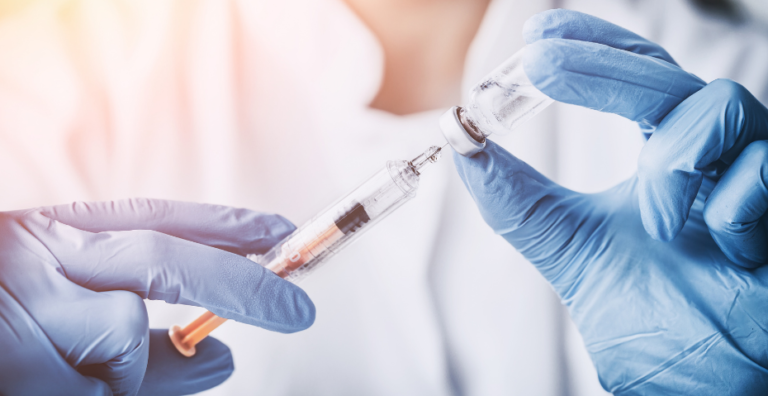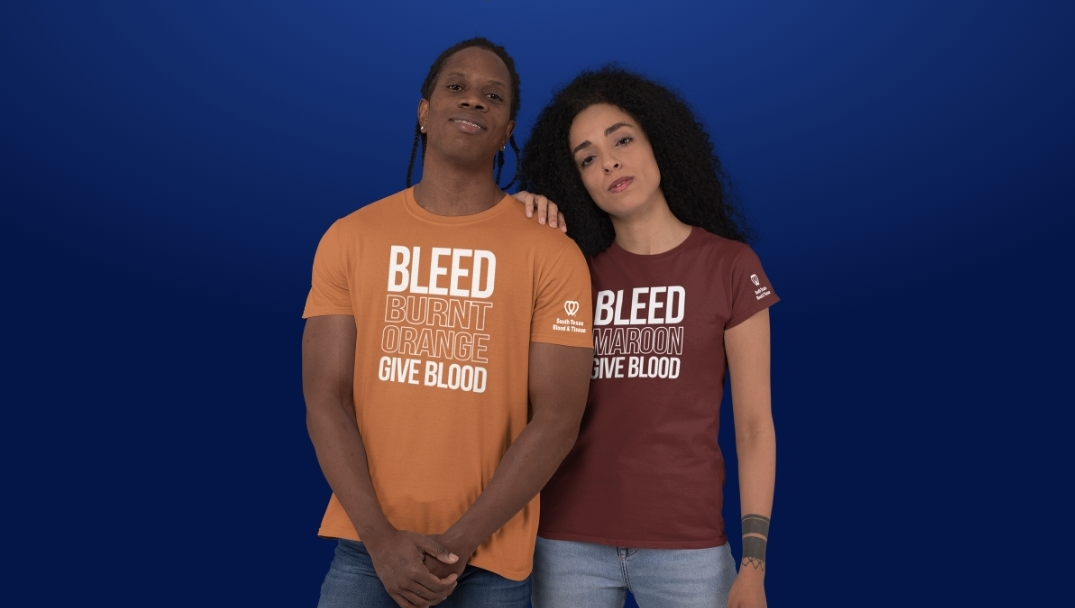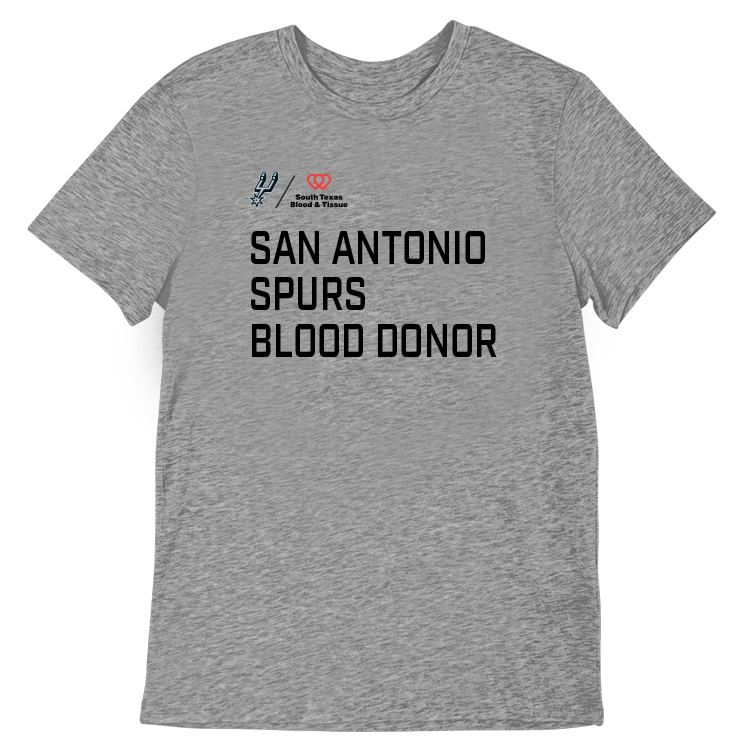New type of vaccine means donors will not have to wait to give blood and platelets
Getting the first available vaccinations for COVID-19 will not prevent or delay donors from giving blood and platelets, because the vaccines are not made from the virus that causes COVID-19.
“If you receive a vaccine made by Pfizer-BioNTech or Moderna, you will be able to donate blood without delay,” said Dr. Rachel Beddard, Chief Medical Officer at BioBridge Global, the San Antonio-based nonprofit organization that includes the South Texas Blood & Tissue Center.
The Pfizer vaccine was approved for use in the United States on Dec. 11 and the Moderna vaccine, approved Dec. 18, are “mRNA vaccines.”
Unlike previous vaccines, which are designed to trigger an immune response by using a weakened or inactivated germ, mRNA vaccines “teach our cells how to make a protein — or even just a piece of a protein — that triggers an immune response inside our bodies,” according to the Centers for Disease Control and Prevention.
“mRNA vaccines are a whole new way to protect against diseases,” Dr. Beddard said. “This is good news for donors.”
“The key to any vaccine is to create that immune response, which produces antibodies, since the antibodies are what prevent infections,” she said. “These vaccines cause that response.”
Under current blood donation guidelines from the U.S. Food and Drug Administration, donors are generally asked to delay their donations if they recently have been vaccinated. But the deferral period does not apply to mRNA vaccinations, since they do not contain any part of the virus.
“It’s important for people to continue to come in and give blood, especially at this time of the year, which is traditionally the slowest for donations,” Dr. Beddard said. “It was good news that the first vaccines are mRNA.”
One of the other vaccines still in development, from Astra-Zeneca, uses an inactivated version of the virus. When it becomes available, anyone who receives the Astra-Zeneca will have to wait two weeks before donating blood.
Those who have recovered from COVID-19 will be able to receive the vaccine, but they will not be able to donate COVID convalescent plasma, according to guidance from the U.S. Food and Drug Administration.
Donors with questions about the types of COVID-19 vaccinations can contact the South Texas Blood & Tissue donor eligibility line, 210-731-5555, extension 2243, from 8:30 a.m.-5 p.m., Monday-Friday.
The COVID-19 vaccines from Pfizer and its German partner BioNTech, as well as the Moderna vaccine, are the first mRNA vaccines to gain emergency use authorization (EUA) from the FDA.
But they have been studied for decades, and they are considered especially useful against COVID-19 because they can be developed in a laboratory using readily available materials, which means production of a vaccine can be standardized and scaled up more quickly, the CDC reported on its website.
The two-shot Pfizer vaccine was shown to be 95% effective in randomized trials involving tens of thousands of people. It already has been cleared in Britain, Canada, Bahrain and Saudi Arabia.




